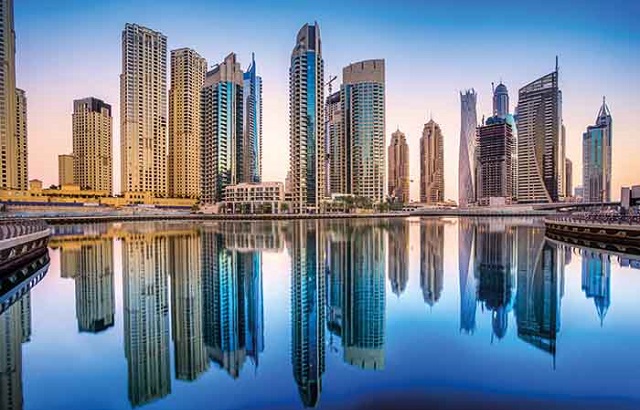In November last year the DIFC court had determined that Bank Sarasin-Alpen (ME) Ltd, a joint venture of Bank J.Safra Sarasin and Dubai-based Alpen Corp, should pay the Al Khorafi family of Kuwait more than $70m (£48.7m, €64m) to cover financial losses resulting from the sale of $200m of structured investment products between late 2007 and early 2008.
The original judgement found that not only were investments inappropriate for the family’s stated objectives but also that the conduct of the subsidiary, Bank Sarasin-Alpen (ME) Ltd, had been deliberate and egregious, including the falsification of documents to make them appear as if they had been completed by the claimants.
The court said the mis-selling by Sarasin-Alpen was motivated in the case of its managing director, Rohit Walia, by “a personal interest in the fees that would be generated by the exercise”.
As regards Bank Sarasin Ltd (now Bank J. Safra Sarasin), the judgment found that the Swiss-based private bank was content to allow the mis-selling to take place, and that it failed to exercise any adequate supervision over Bank Sarasin-Alpen (ME) Ltd, whom it held out as its own client relationship managers.
Damages deposit
The DIFC court has now ruled that the Dubai-based subsidiary of Bank J. Safra Sarasin must deposit its share of the award, $35m, by 1 February 2016 for its appeal to proceed, otherwise it will face possible liquidation proceedings.
An appeal by the defendant banks against the initial judgement of their liability in the case was heard by the DIFC Court of Appeal in September 2015. The Appeal Court’s decision on liability is still outstanding with the final appeal against the scale of damages expected to be heard in March 2016.
According to the law firm which is acting for the Al Khorafi family, Hamdan Al Shamsi Lawyers & Legal Consultants, the case is being closely observed by the international banking world as setting a precedent within a region where cash-rich Middle Eastern investors meet Western financial institutions responsible for managing their investments into overseas markets.
It said the case was not the first time questions had been raised about the powers of financial regulators and the governance of private investment banks internationally.
“In April 2015 the DFSA ordered a record fine of $8.4m against Deutsche Bank’s Dubai branch (DBDIFC) for inadequate controls over money laundering, the scale of the penalty reflecting “serious contraventions . . . including misleading the DFSA” following an investigation that was protracted by DBDIFC’s failure to cooperate with the regulatory body.”
The law firm said that after seven years of litigation, the Al Khorafi family hoped to see financial resolution in 2016.








